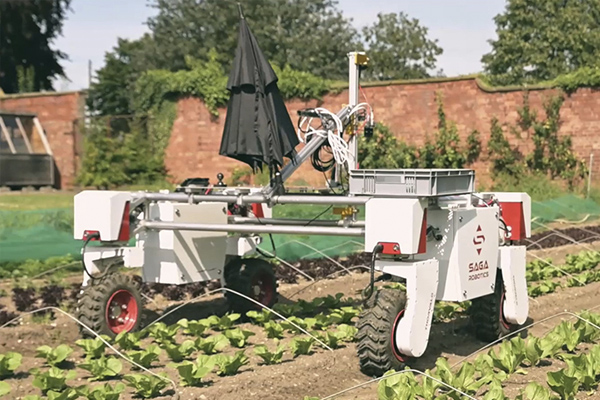Working in Partnership
Jim Williams, Chairman of lead partner AgAnalyst, who assist farmers in taking control of their own data and utilising it for maximum gain, added: "We think this project is important in giving farmers the confidence to work with their nitrogen use efficiency and overcome the fear of compromising yield or quality.
“AgAnalyst is delighted to be working with LIAT because their focus on soils and their sound reputation with landowners and growers for developing practical solutions for both land and water management. With the University of Lincoln as our academic partner and other fantastic collaborators in the industry, we think we can make a significant contribution to improving greenhouse gas emissions from nitrogen use as well as reduce nitrogen run-off into the water course.”
NUE-Profits is funded by DEFRA’s Farming Future R&D Fund: Climate Smart Farming, through The Farming Innovation Programme and is in partnership with Innovate UK, who are delivering the programme. Other partners include Agreed Earth, Assimila, Dales Land Net, Dyson Farming, European Food and Farming Partnerships, Hill Court Farm Research, Navigate Eco Solutions, N Blacker & Sons, and Velcourt.

/prod01/university-of-lincoln-cdn-pxl/media/responsive2017/research/newresearch/NUE,wheat,fields,banner,1600X600.jpg )

